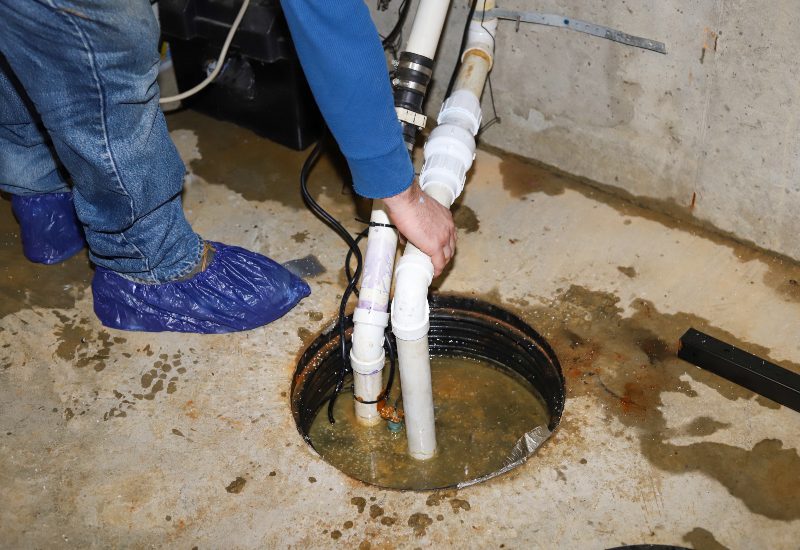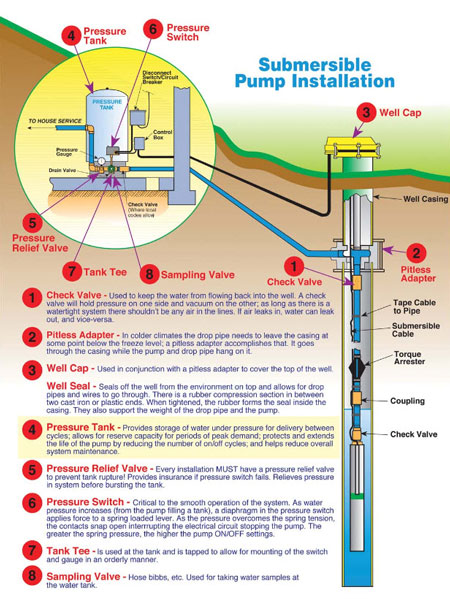High-Quality Water Filtration Systems: Guaranteeing Clean and Pure Consuming Alcohol Water
Wiki Article
Recognizing the Key Parts of Effective Water Purification Equipments

Significance of Water Filtering Systems
Water purification systems play an important duty in guaranteeing accessibility to risk-free and tidy alcohol consumption water by successfully eliminating pollutants and pollutants. These systems are important in addressing the growing worries over water high quality and the potential health and wellness dangers connected with consuming contaminated water. By utilizing various filtering systems such as reverse osmosis, triggered carbon, and UV sanitation, water filtering systems can efficiently eliminate dangerous substances like bacteria, infections, heavy steels, and chemicals from the water supply.Furthermore, water purification systems assist to improve the preference and odor of water by getting rid of chlorine, debris, and various other contaminants that can affect its high quality. Water Softeners. This improvement in water quality not only makes it much more tasty however also motivates people to consume an ample amount of water daily, advertising better hydration and total health
Kinds of Filtration Elements

Physical filters are made to literally strain out impurities from the water. These filters can be constructed from materials like ceramic, carbon, and even sand, and they work by capturing particles bigger than the filter's pores as water goes through.
Chemical filters use different chemical procedures to get rid of impurities from the water. Instances include triggered carbon filters, which adsorb pollutants, and reverse osmosis membrane layers, which utilize pressure to separate impurities from the water.
Organic filters make use of living microorganisms like algae or germs to damage down organic matter and contaminants in the water. These filters are usually made use of in wastewater treatment plants or natural water filtration systems.
Comprehending the different kinds of filtering elements is important for choosing the most suitable water purification system for details purification demands.
Feature of Debris Filters
Debris filters play a crucial function in water filtering systems by effectively recording strong fragments put on hold in the water. These filters are usually the initial line of defense in a filtration system, eliminating bigger bits such as sand, silt, dirt, and corrosion before the water relocates with finer filtration stages. By trapping these sediments, the filters stop them from getting to downstream components, thus extending the life-span and effectiveness of the entire system.The function of sediment filters is crucial in maintaining water top quality and protecting sensitive tools from damage brought on by debris. In addition, by getting rid of noticeable fragments, debris filters improve the my site clarity and taste of the water. Frequently replacing or cleaning debris filters is important to ensure optimal efficiency. Disregarding this upkeep can bring about obstructing, reduced water flow, and compromised purification performance. On the whole, debris filters are important parts that contribute significantly to the efficiency of water filtering systems.
Function of Turned On Carbon Filters
Playing a vital role in water filtering systems, activated carbon filters are instrumental in eliminating contaminations and impurities from the water supply. As water passes with the filter, the triggered carbon attracts and holds onto the pollutants, making certain that the water that comes out on the various other side is cleaner and much safer for consumption.Turned on carbon filters are extremely reliable at enhancing the preference and smell of water by minimizing chemicals that can impact its quality. Due to their convenience and integrity, activated carbon filters are a vital her explanation component in ensuring that water is detoxified to the highest possible criteria before reaching consumers.
Understanding Reverse Osmosis Equipments
Reverse osmosis systems are advanced water filtration systems that employ an advanced process to eliminate contaminants and impurities from drinking water. These systems work by applying stress to the water, forcing it through a semi-permeable membrane. This membrane functions as an obstacle, allowing just distilled water molecules to go through, while blocking bigger molecules such as minerals, chemicals, and other contaminations. Consequently, the water that comes out on the various other side is significantly cleaner and more secure for intake.One key advantage of reverse osmosis systems is their capacity to get rid of a large range of contaminants, consisting of heavy steels, dissolved microorganisms, solids, and viruses. This makes them very effective in enhancing the general top quality and safety and security of alcohol consumption water. Furthermore, reverse osmosis systems are relatively low-maintenance and can be installed under the sink or in a central purification system, providing practical accessibility to clean water throughout the household. read this article In general, understanding just how reverse osmosis systems function can aid individuals make notified decisions about their water purification needs.
Verdict
In final thought, effective water purification systems are crucial for guaranteeing tidy and secure drinking water. By recognizing the feature and function of each component, people can make educated choices when picking a water filtering system.Water filtration systems play a vital function in making certain access to secure and clean drinking water by successfully removing contaminants and pollutants. By using numerous filtering devices such as reverse osmosis, turned on carbon, and UV sterilization, water filtration systems can successfully eliminate dangerous compounds like microorganisms, infections, hefty metals, and chemicals from the water supply.
Sediment filters play a crucial role in water filtering systems by successfully recording strong fragments suspended in the water (Water Treatment).Playing a crucial role in water filtration systems, triggered carbon filters are critical in getting rid of pollutants and impurities from the water supply.Reverse osmosis systems are sophisticated water purification systems that use a sophisticated procedure to eliminate pollutants and contaminations from alcohol consumption water
Report this wiki page